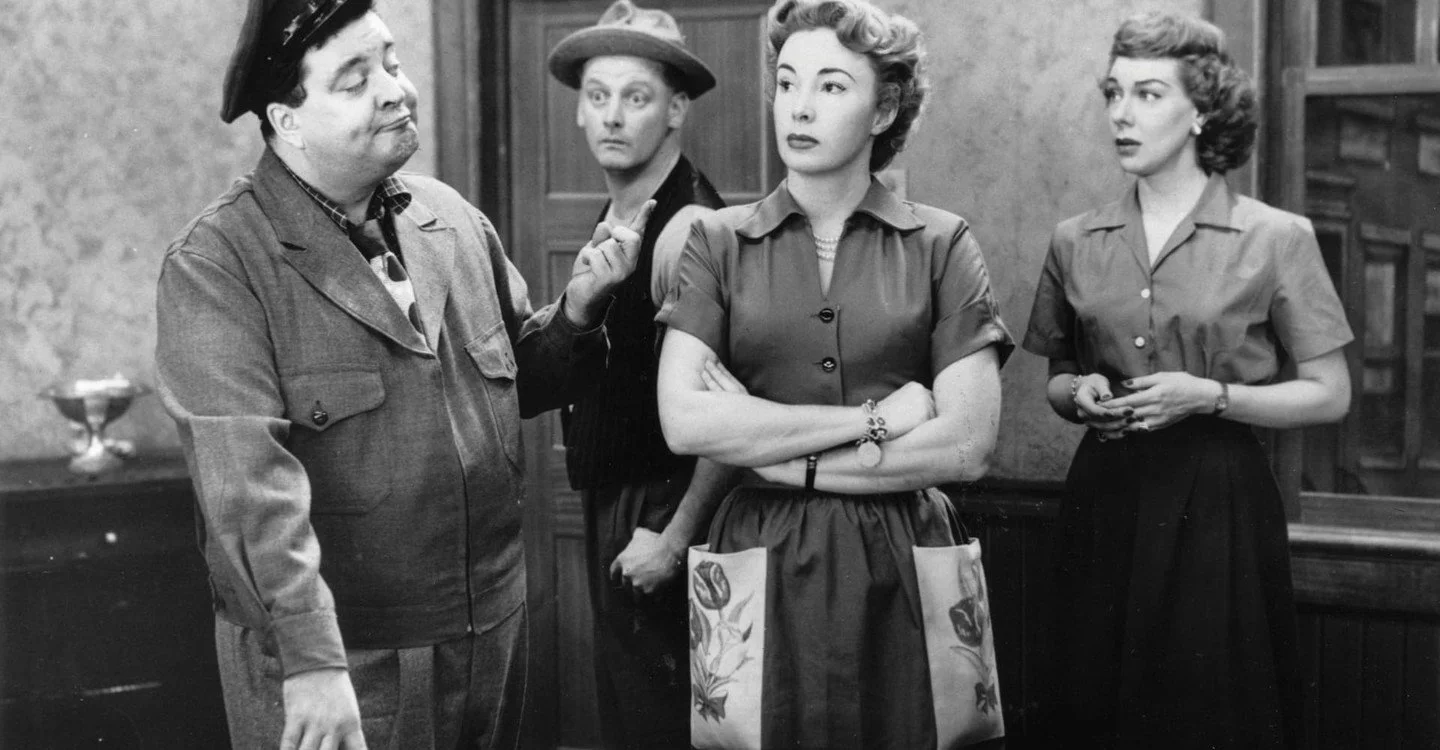Can you tell us about yourself?
I was born and raised in Massachusetts. I lived there until about three months ago. For most of the last 15 years, I was taking care of my mother, who had COPD. After she passed away, I moved to New York to be with my boyfriend of 10 years.
How did you and your boyfriend meet, and what has the move to New York been like?
We met about 10 years ago. We ran into each other like five times at Rite Aid and then started hanging out. He was on Suboxone for a few years, at Alliance actually.
The move? Chaotic. My Suboxone prescription in Massachusetts couldn’t be transferred across state lines, so I relapsed again. But my boyfriend told me about your Suboxone program, so I was able to get back on it, and get back off heroin.
When did you start using Suboxone?
In my early 20’s, about 20 years ago. It was my choice to get on it, it wasn‘t court-ordered. It worked really well. I sometimes still took heroin, but not because I had withdrawal symptoms or pain, just because I wanted to.
Can we talk about how your drug use started?
Sure. I was in chronic pain for a neck issue. Vicodin prescription dependence for a year, then couldn’t get it. I started buying Oxys, 3 or 4 at a time, and I weighed like 100 pounds, soaking wet. I had a doctor prescribe me Suboxone. I’ve been on Suboxone and Methadone before, and I'd take Suboxone over it ANY DAY.
You told me earlier that your boyfriend is still using drugs. Is that an issue for you while you’re trying to abstain?
Nah, not usually. Sometimes it is draining. He still comes here for testing kits, and he doesn’t inject anymore with Xylazine and everything else out in the drug supply. He smokes opioids now, which we think is safer to avoid those terrible rashes.
Do you come here for services besides Suboxone?
I don’t go to any groups yet, but I probably will start. I get counseling with Ana, and Dr. Hopping, who’s such a nice guy. He really takes care of me.
Me and my boyfriend are looking for affordable housing and living on the street. I’m not mentally prepared to go to a homeless shelter, it’s too jarring, mentally. Ana is helping me apply for housing vouchers, and get my medications.
What are your hobbies?
I love reading books at the library. James Patterson is my favorite author. I’m waiting for the All-American Murder and it’s taking forever at the library. I also love going to the beach, even though I can’t swim. I didn’t have a favorite beach in Massachusetts, but sometimes I’d go to Newport, RI.
I haven’t gone to the beach in New York yet. The place where we’d sleep is just three minutes from the beach in Manhattan.
As someone who has taken long breaks from opioids, and says she feels no dependence, do you have advice for someone still using who wants to quit?
Try to make sure your life situation is stable, or stable by your standards. And get a strong support network. When my mother was alive, she was a big part of my support system.
I’m not going to say for sure Suboxone will work for you just because it worked for me, but you should consider it. If you work it the right way, it can definitely help you. Sometimes it won’t work right away, which is frustrating, but you have to stick with it. It took me like a month to get established with it and for it to really work. Plus, you need to work on yourself mentally and emotionally.
Staying on Suboxone and making some incremental changes, what are your goals for the next few years?
I want to get back to work. I was a Personal Care Assistant for years in Massachusetts. It costs $400 to get certified in New York and I don’t have that right now, but once I get housing and can save up, I can get back to that. That would be something I could do that would really keep my mental health strong. I also hope to cut my Suboxone down and be off it entirely. I think the other factors in my life will be good enough that I can quit Suboxone and not feel any compulsion to use heroin again.









